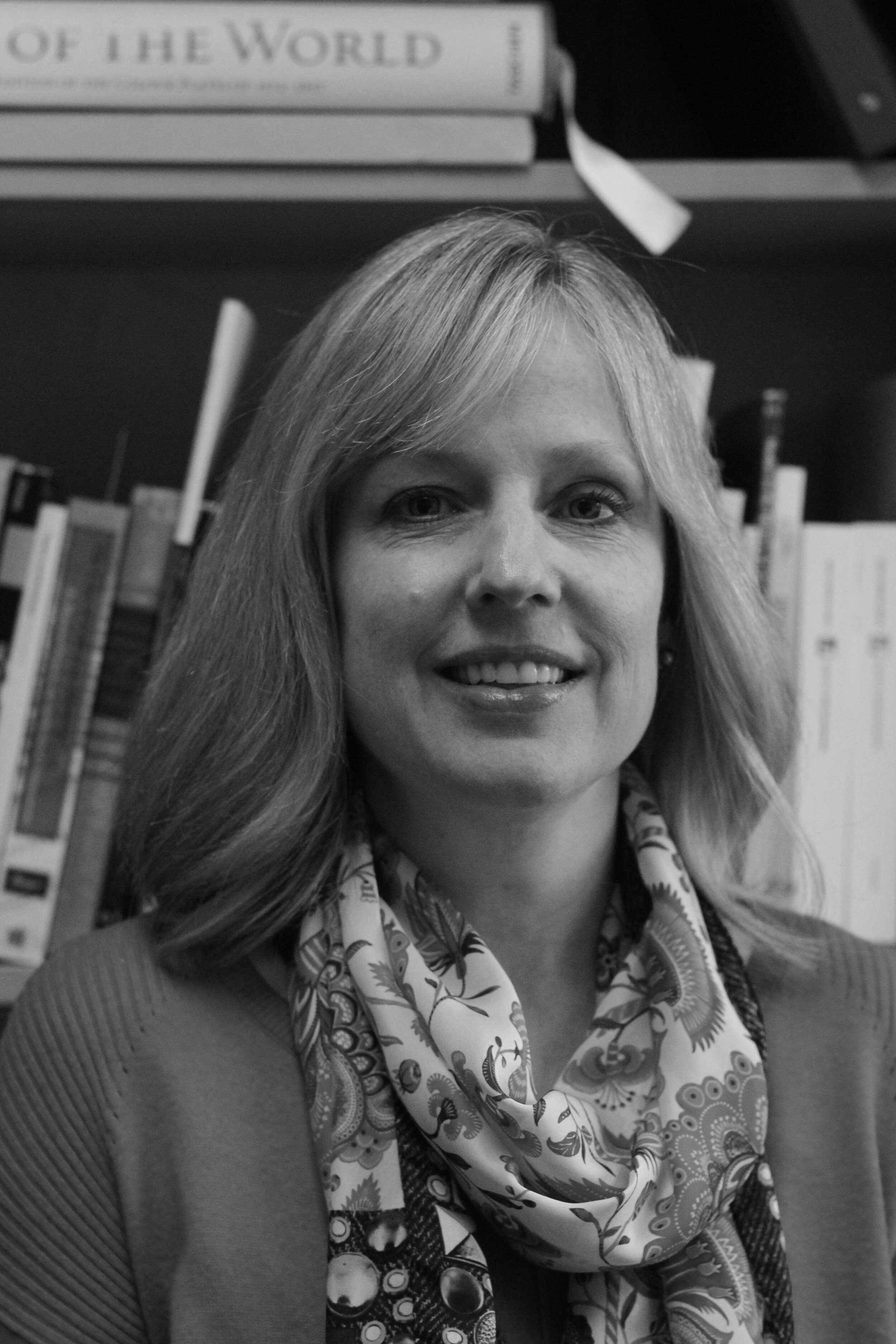Photo by Ali Meizels ’23 Recipient of NEH fellowship, Professor of Art History Jessica Maier.
BY REBECCA GAGNON ’23
The National Endowment for the Humanities (NEH) has rewarded Jessica Maier, an Art History professor at Mount Holyoke, a fellowship for her work. The NEH is an independent federal agency that provides grants to various institutions and scholars for works of great importance in the humanities. Submitted proposals are subject to independent review.
Maier compared applying for grants to the college application process. “You need to apply for a bunch of them in hopes that you get something good,” she said. “Although there aren’t really any ‘safeties’ because there are no guarantees that you are going to get one,” Maier said.
“It is a lot of work,” Maier continued. “You have to write a very polished essay about your project and you have to make it accessible to people.”
“It is other professors and experts that are reading it, but not necessarily in your field. There might have been some people in English reading it at some stages and others in art history,” Maier said. “You have to pitch it to a wider audience.”
Maier applied for the fellowship last spring and waited about eight months until she heard back with the news of her results.
“I found out I got it about two days before Christmas, and it was a really great day,” Maier said. “I have managed to win fellowships before too, but usually, there is a little more fanfare like a phone call or an interview process. This one you just get an offer letter from the NEH, so it was a surreal way of finding out and it was really exciting.”
The NEH supports the humanities by giving teachers and professors opportunities to strengthen their studies and research. They also fund programs aimed at pre-college and post-secondary levels of studies.
Mount Holyoke professors receive a sabbatical every four years for a semester to do their own research in their fields. Maier is due for a sabbatical next year, so she will be taking two semesters off for research in a row, due to the fellowship. She says that a single semester goes by fast, so she is excited to have an entire year to continue with her research.
“I started working on a book three or four years ago, so it is a long-term project. I have done a lot of the research for it already,” Maier said. “I actually had a fellowship in 2017-2018 to go to Italy to work on the research.”
Yet Maier still has a lot of work to do. “I am going to use this one to sit down and write the book. It is like writing a paper. I have my outline, I have all of my material so now it is about writing it up.”
Maier explained that there remain “ends to tie up” research-wise, “but in general, it is about producing a manuscript.”
One of the classes that Maier teaches the most often is Italian Renaissance Art. Maier loves the material covered in this class but also enjoys teaching new materials and courses.
Maier is teaching Introduction to Architecture this semester, as she is covering for a colleague on sabbatical. Although she has knowledge in a large range, her expertise remains in Italy. Maier stated while discussing her first interest in art history and the humanities, “If anything I think I fought against my natural urge [at first.] I think some people are really lucky to have one guiding passion but I don’t think I was one of those people,” Maier reflected. “There were so many different things that I liked and so I could have gone in various directions. At a certain point, I stopped fighting it.”
Maier began studying art history in high school and continued to do so in college. “I just kept taking the classes and eventually, I went, ‘these are the classes I enjoy the most so why don’t I just declare the major,’” Maier recalled. “Then I did and it was a slippery slope.”
“I think professors, even the professors that seem really accomplished from the outside, experience failure all the time. I feel like for every one thing you get, there might be a dozen things you don’t get,” Maier said. “Rejection is just so common. You have to keep going and them you might get something really awesome. The moments of gratification help you get through the other stuff.”

